Weather plays a significant role in our lives, influencing our daily activities and shaping the world around us. Over time, humans have found many methods to guess what the weather will bring, including passing down old stories and creating sayings to remember common meteorological phenomena.
Let’s look into some traditional weather folklore of cultures across the globe and dive into their special customs and beliefs that have been handed down over centuries.
Ancient Greek Weather Lore

The Ancient Greeks believed that thunderstorms were caused by the god Zeus, who would throw lightning bolts from the sky. They also believed that a halo around the moon indicated that rain was on the way, showcasing their deep connection to mythology and nature’s signs in predicting weather patterns.
Chinese Weather Proverbs
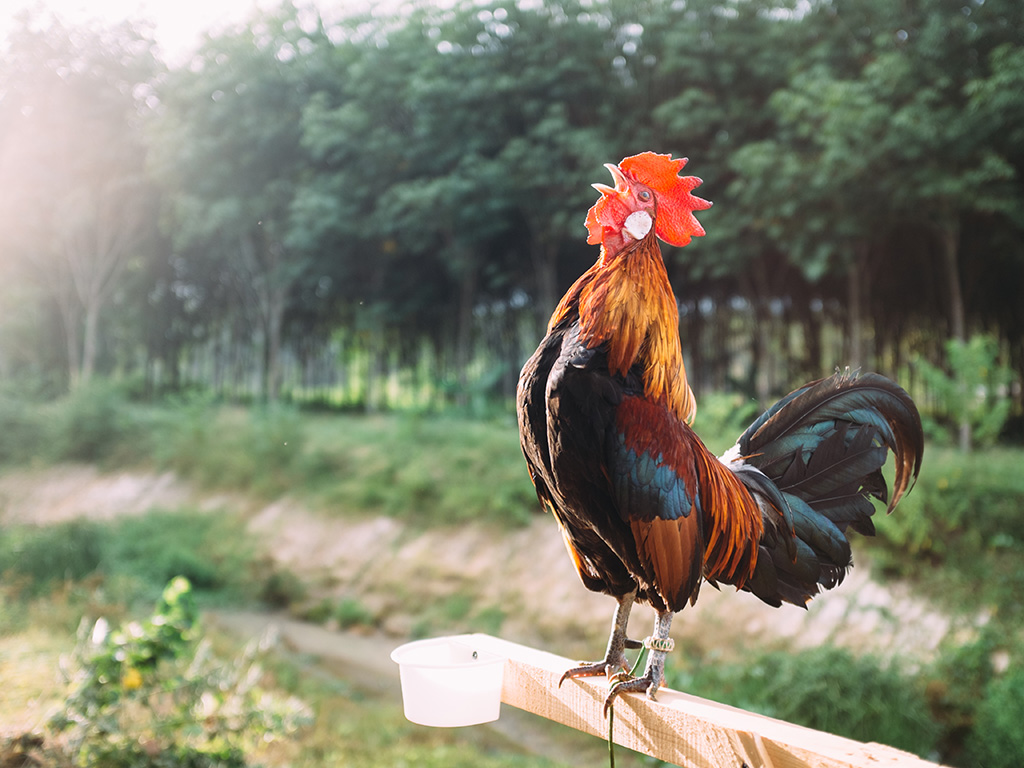
In Chinese culture, there are many proverbs that relate to the weather, offering insights into the natural world and its unpredictability. One such proverb states, “When the rooster crows at night, it will rain in the morning,” highlighting the traditional wisdom and observant nature of Chinese beliefs regarding weather patterns.
Native American Weather Lore

Native American tribes have their own unique ways of predicting the weather, drawing on centuries-old traditions and observations of nature. The Cherokee people, for instance, believed that if the clouds were red in the morning, it was a sign of rain, reflecting their deep connection to the natural world and its subtle cues.
African Weather Sayings
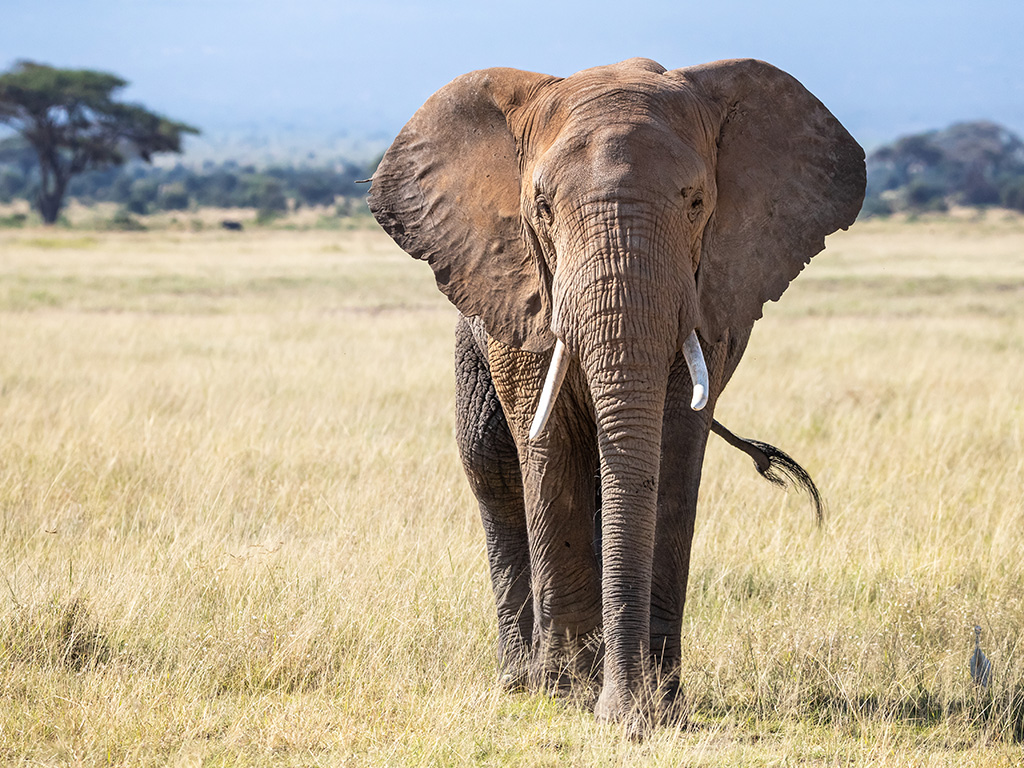
In African cultures, there are many sayings and proverbs that relate to the weather, reflecting the deep reverence for nature and its influence on daily life. The Swahili proverb popular in eastern and central Africa, “Wapiganapo tembo nyasi huumia,” translated as, “When elephants fight, the grass gets hurt” reflects a universal truth but is expressed in culturally specific terms.
European Weather Folklore
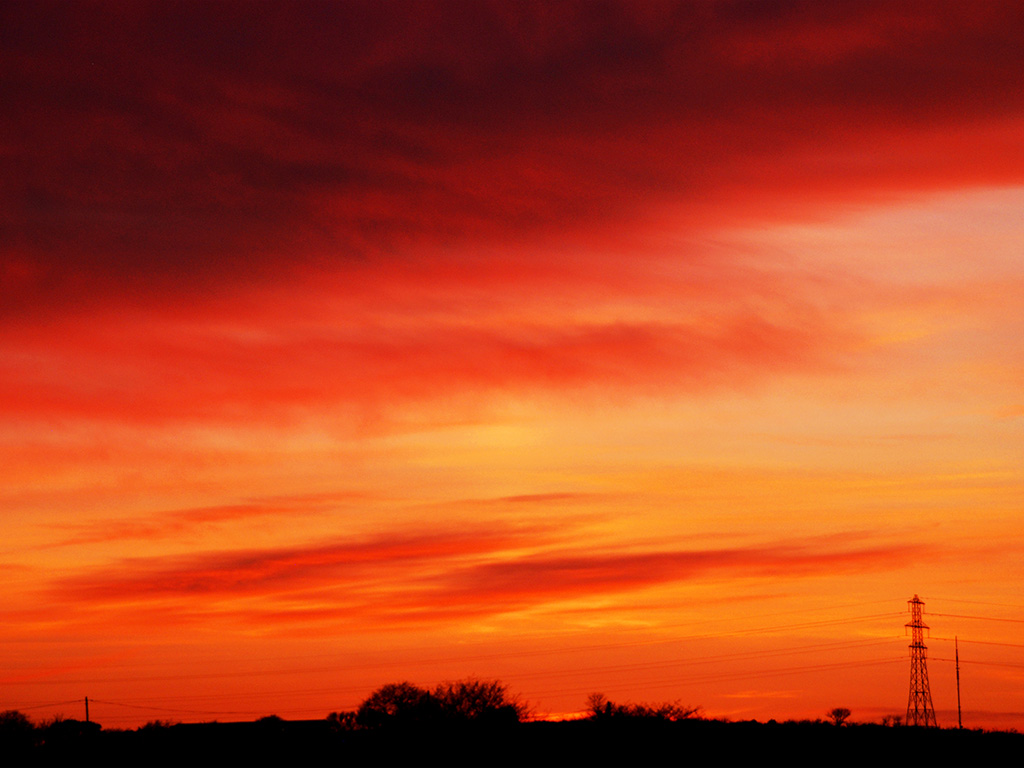
In Europe, there are numerous weather superstitions and sayings that have been passed down through generations, reflecting the rich cultural heritage and connection to the land. In Ireland, for instance, the belief that a red sky at night is a shepherd’s delight, while a red sky in the morning is a shepherd’s warning, highlights the traditional wisdom and keen observation of nature in predicting weather changes.
Australian Aboriginal Weather Lore

The indigenous people of Australia have their own unique ways of predicting the weather, often based on the behavior of animals or plants. For example, if the emus are calling loudly, it is believed to be a sign of rain.
Japanese Weather Proverbs

In Japan, there are many proverbs that relate to the weather, showcasing the poetic nature of their observations. One such example is the saying, “If the dew is on the grass, rain will never come to pass,” reflecting the intricate understanding and appreciation of the natural world in Japanese culture.
Latin American Weather Sayings

In Latin American cultures, there are many folk sayings that offer unique insights into weather phenomena. For instance, in Mexico, it is believed that if it rains while the sun is shining, it means that a witch is getting married, showcasing the blend of folklore, superstition, and cultural beliefs in interpreting weather events.
Indian Weather Folklore

In India, a land rich in diverse cultural traditions, numerous superstitions and beliefs are intertwined with weather forecasting. One intriguing belief states that if a cat sneezes, it signifies impending rain. Such superstitions reflect the deep-rooted connection between nature, animals, and the weather in Indian folklore and traditions.
Middle Eastern Weather Proverbs

In the Middle East, where ancient traditions and wisdom prevail, there are countless proverbs and sayings tied to weather patterns. One such example from Arabic culture suggests that if the earth emits a scent of perfume, rain is imminent, highlighting the nuanced observations and mystical interpretations embedded in Middle Eastern weather folklore.
Arctic Weather Folklore

In the Arctic regions, indigenous peoples have developed unique ways of predicting the weather, often based on the behavior of animals and the patterns of the ice. For example, the Inuit people believe that if the clouds are low and heavy, it is a sign of an approaching storm.
South American Weather Lore

In South America, where cultural beliefs intertwine with the natural world, various traditions and beliefs are tied to weather predictions. In Peru, the belief that low-flying condors signal impending bad weather reflects the close observation of animal behavior as a means of interpreting and foretelling atmospheric changes in the region.
Polynesian Weather Superstitions
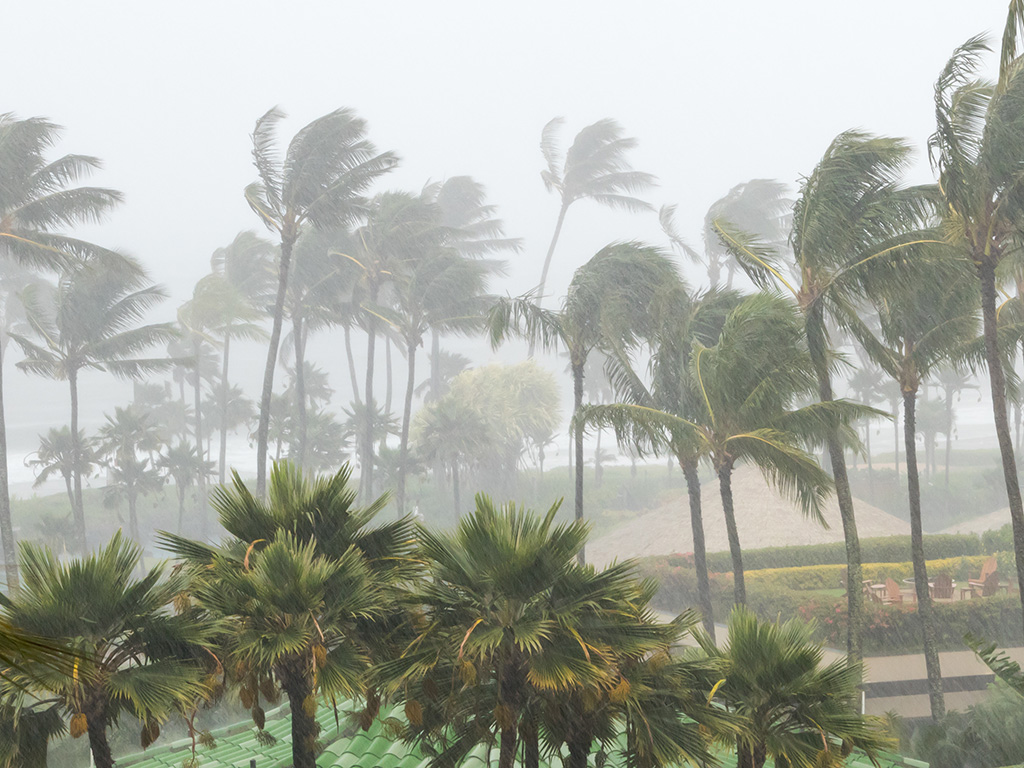
In Polynesian cultures, deeply rooted in the elements and nature, numerous superstitions and beliefs shape weather interpretations. In Hawaii, the belief that rain accompanies southern winds signifies a long-standing connection between wind direction and precipitation, illustrating the intricate and intuitive understanding of weather patterns in Polynesian traditions.
Scandinavian Weather Folklore
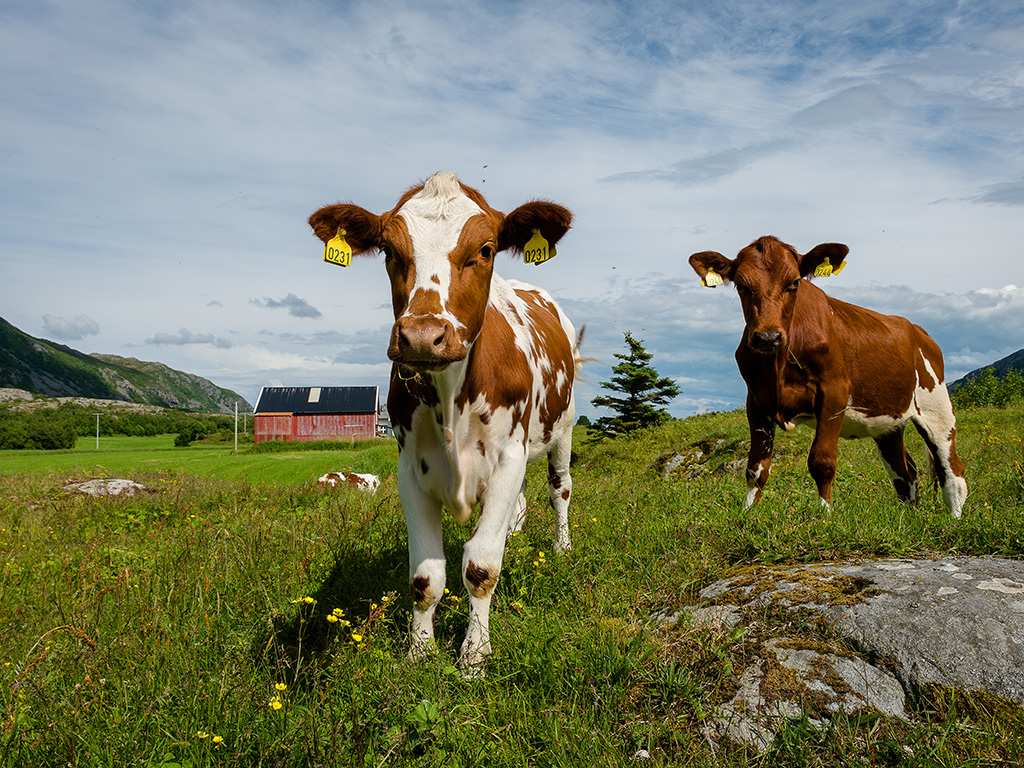
In Scandinavia, where traditions are deeply ingrained in daily life, a plethora of weather sayings and proverbs have been inherited over time. In Norway, the belief that reclining cows indicate imminent rain showcases the region’s reliance on nature’s cues and animal behavior as reliable indicators of impending weather changes.
African Weather Proverbs

In various African cultures, weather proverbs hold profound significance in forecasting weather patterns. In Ghana, the proverb stating, “When the clouds gather and the thunder roars, the grasshoppers have no business jumping around,” reflects the intricate observations and traditional knowledge passed down through generations to predict impending weather events.
Russian Weather Folklore

In Russia, a country that is rich in folklore and tradition, a wide array of superstitions and sayings are intertwined with weather predictions. One such belief is that if snow falls straight down, it signifies prolonged snowfall. These weather-related superstitions reflect the deep cultural connection to nature and the elements in Russian society.
Arabian Weather Sayings

In the Arabian Peninsula, where tradition and weather are closely intertwined, numerous sayings and proverbs offer insights into atmospheric conditions. A common belief in Saudi Arabia is that rain will follow if the sun shines through a hole in the clouds.
Indonesian Weather Folklore

In Indonesia, a land rich in cultural diversity, beliefs and practices are deeply rooted in weather prediction traditions. For instance, observing the cassava plant’s leaves turning upside down signifies an approaching storm, showcasing the region’s reliance on nature’s subtle cues and indigenous knowledge to anticipate weather changes.
Native American Weather Superstitions

Native American tribes have a deep connection to nature and the elements, leading to various weather-related superstitions. For example, the Navajo people believe that if thunder follows lightning closely, it signifies that a storm is approaching rapidly.
Maori Weather Lore
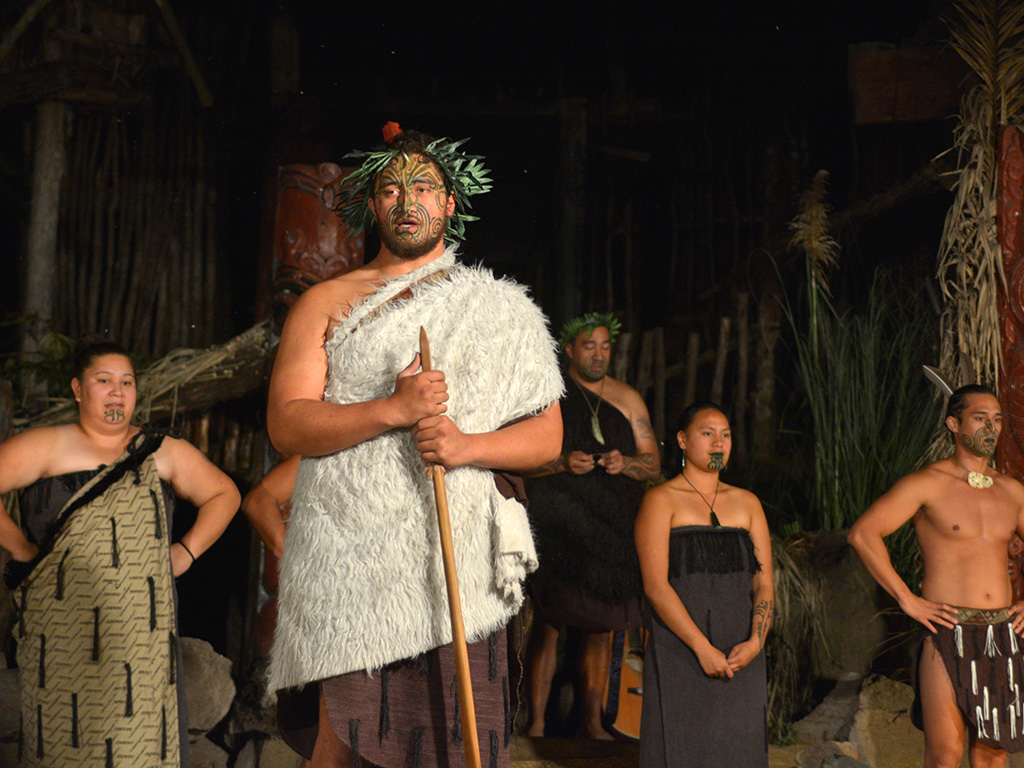
The indigenous Maori people of New Zealand have their own unique weather lore, often based on observations of nature. For example, they believe that if the clouds are low and fast-moving, it is a sign of impending rain.
Caribbean Weather Sayings
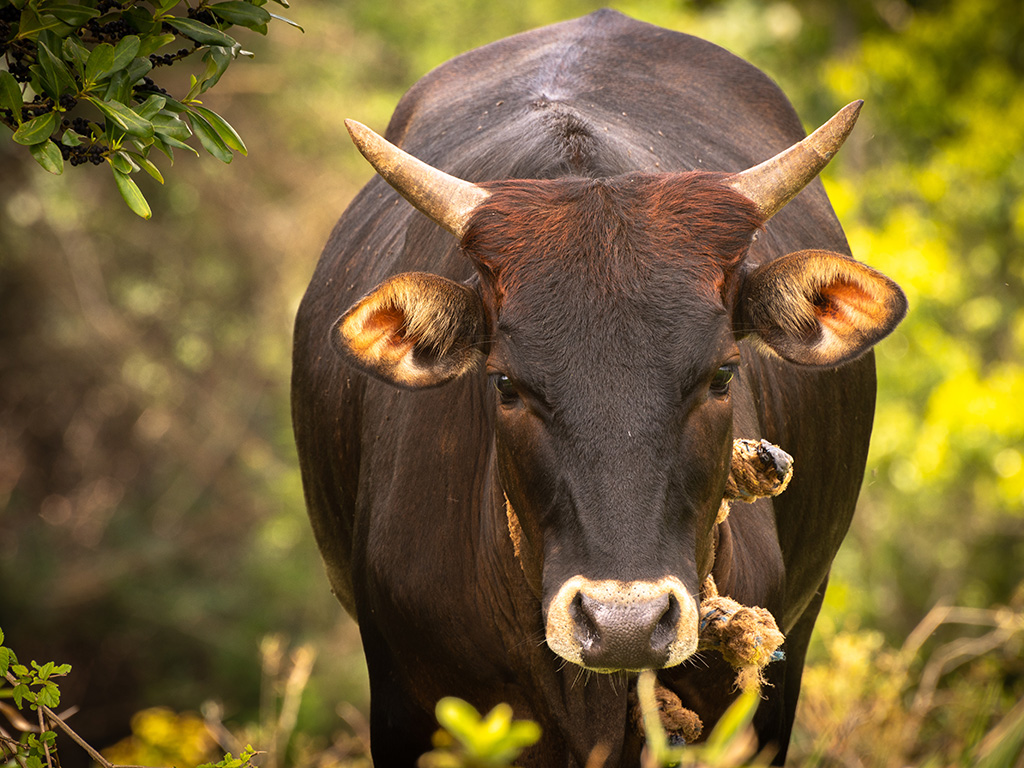
In the vibrant Caribbean islands, a tapestry of weather-related sayings and superstitions reflect the region’s cultural tapestry and connection to nature.
Jamaican folklore suggests that rain is imminent when cows are observed lying down in the pasture, showcasing the region’s reliance on animal behavior as a weather forecasting indicator.
Himalayan Weather Folklore
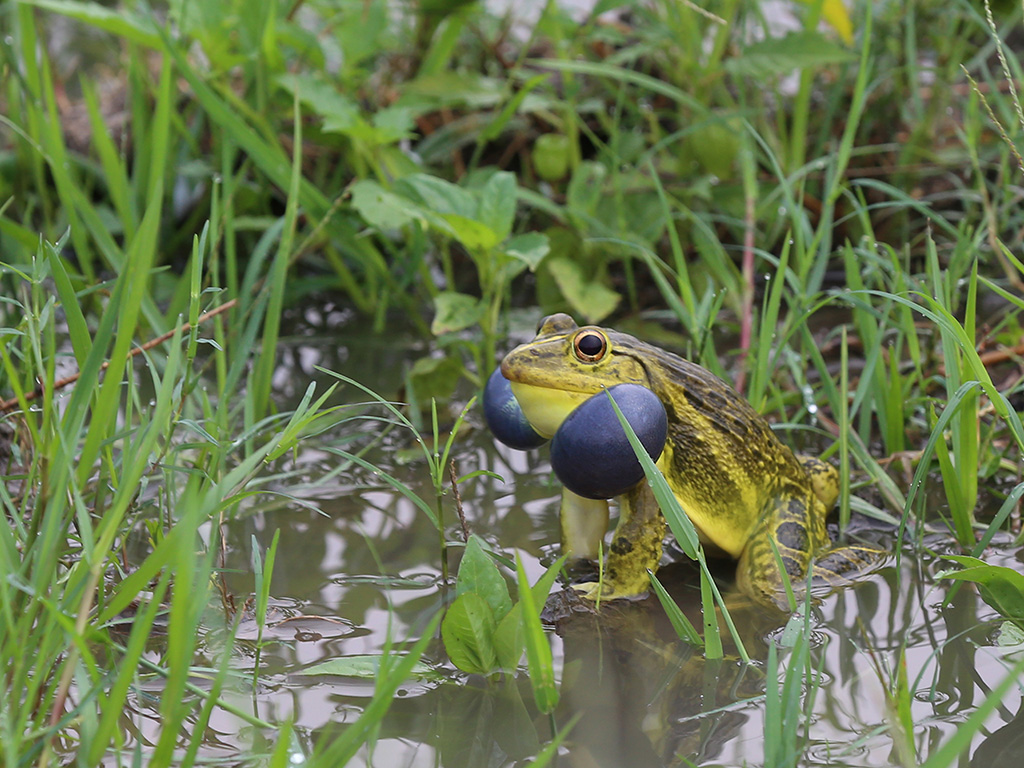
In the majestic Himalayan region, where nature holds spiritual significance, local communities have honed unique weather prediction methods.
In Nepal, the belief that loud frog croaking means oncoming rain showcases the region’s reliance on natural cues and wildlife behavior to anticipate atmospheric changes, reflecting the deep connection to the environment.
Pacific Island Weather Proverbs

In the serene Pacific Islands, many proverbs and sayings interweave with daily life, offering insights into weather patterns. In Fiji, the belief that swaying coconut trees signal an impending storm reflects the islanders’ profound connection to nature and their keen observations of environmental changes to predict weather phenomena.
Celtic Weather Superstitions
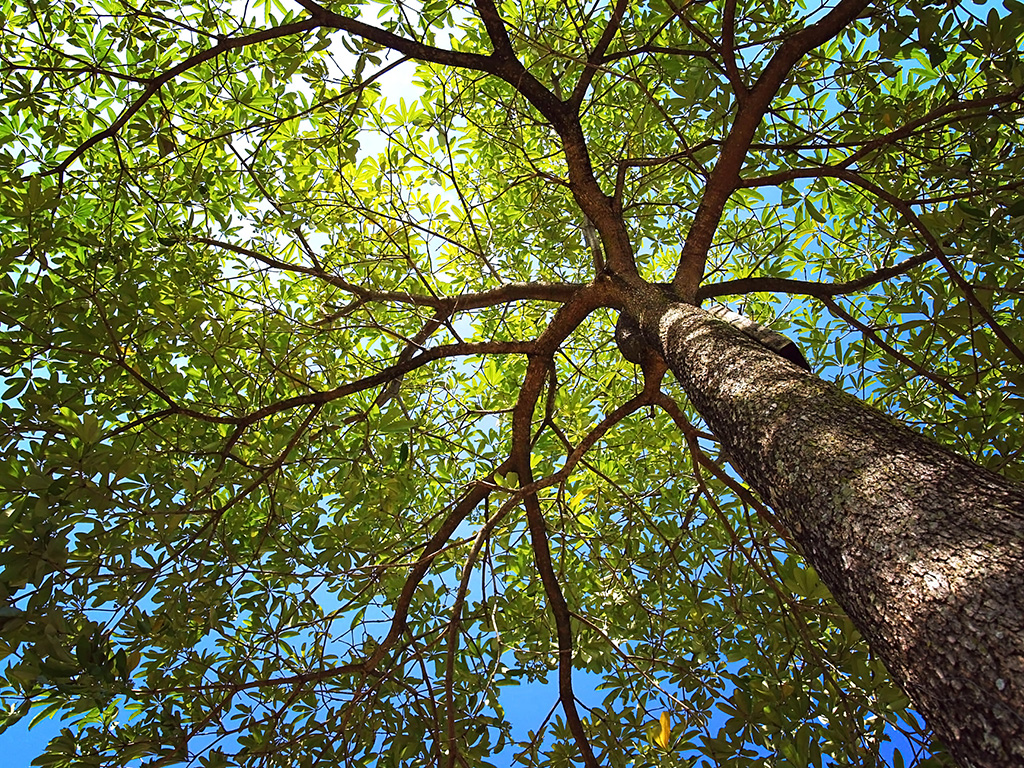
In Celtic cultures, deeply rooted in nature and folklore, numerous superstitions and beliefs are tied to weather forecasting. One such belief is that if oak trees retain their leaves in the fall, it foretells a harsh winter ahead, demonstrating the intricate observations and seasonal predictions ingrained in Celtic traditions.
Brazilian Weather Folklore
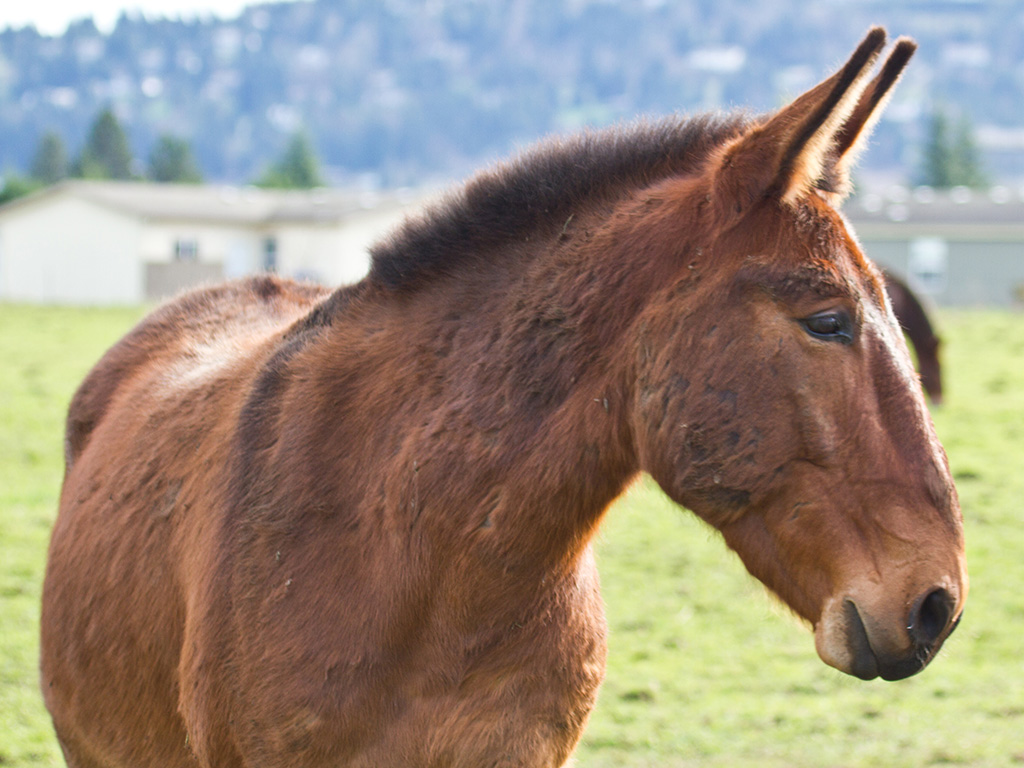
In Brazil, a land of diverse traditions and cultural beliefs, a plethora of weather-related beliefs and practices shape daily life. According to folklore, a loud bray from a mule is believed to signal an impending storm, reflecting the region’s deep-rooted connection to nature and its atmospheric changes.
South Asian Weather Sayings

In countries like India and Pakistan, where ancient traditions and customs thrive, a myriad of traditional sayings are intertwined with weather lore. In Pakistan, the belief that rain accompanies westward winds serves as a timeless weather prediction, reflecting the region’s reliance on natural signs to anticipate meteorological changes.
Inuit Weather Lore

The Inuit people of the Arctic have developed unique weather lore based on their observations of nature and the environment. For example, they believe that if the northern lights are dancing in the sky, it is a sign of good weather.
Latin European Weather Superstitions
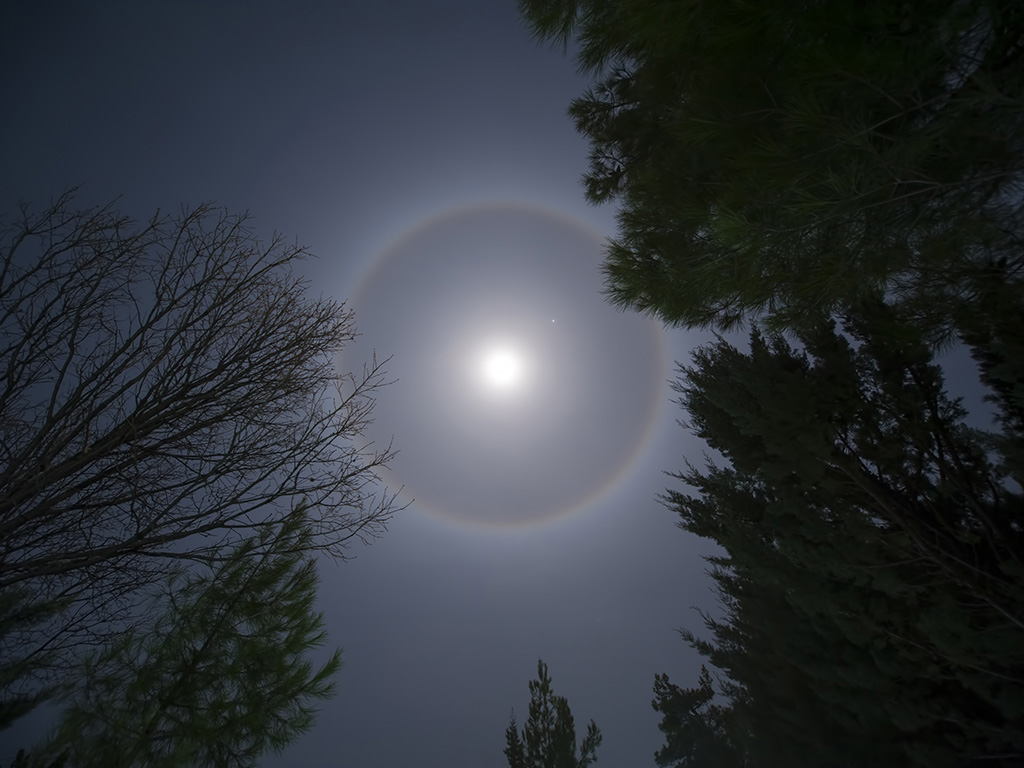
In countries like Spain and Portugal, there are many superstitions and beliefs related to the weather. For example, it is said that if the clouds form a halo around the moon, rain is on the way.
Southeast Asian Weather Folklore

In countries like Thailand and Vietnam, there are many traditional beliefs and practices related to the weather. For example, in Thailand, it is believed that if you see ants building their homes higher than usual, it is a sign of heavy rainfall.
Weather Folklore’s Impact

Weather folklore is a fascinating aspect of human culture that has been passed down through generations, shaping our understanding of the natural world and our interactions with it. From ancient Greek beliefs to Inuit observations, weather lore from around the world reflects the deep connection between people and their environments.
By exploring traditional proverbs, sayings, and superstitions from different cultures, we gain a greater appreciation for the diverse ways in which humans have sought to predict and interpret the weather. So, the next time you notice a red sky at night or hear the birds singing loudly, remember that there may be a hidden message in the weather lore of the world.